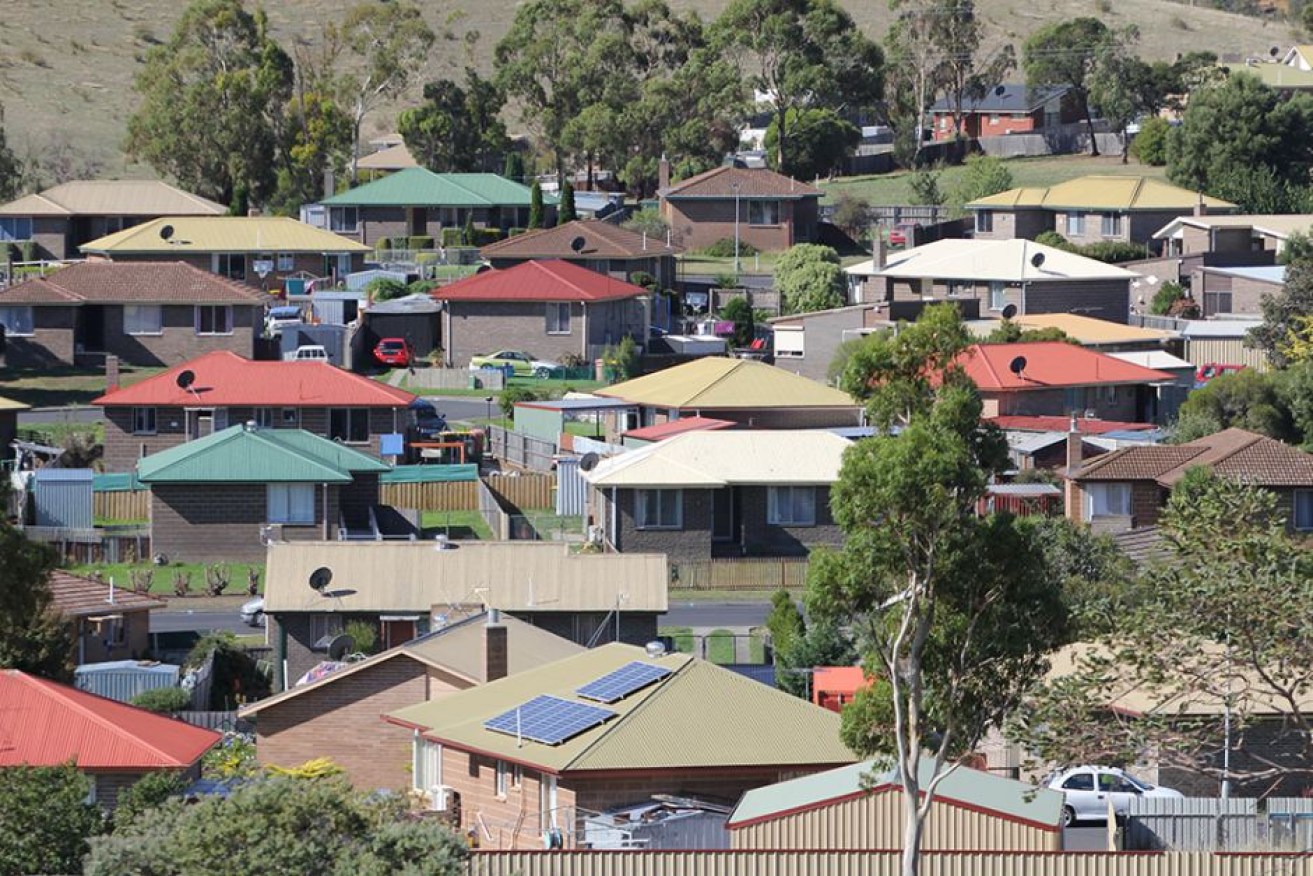OECD warns Australia to plan for worst-case housing falls

The risk of a hard landing in the property downturn remains. Photo: ABC
Australia must be prepared for a hard landing in the housing market that could cause financial instability and hamper economic growth, a global forum warns.
The Organisation for Economic Co-operation and Development’s (OECD) latest assessment of Australia points to elevated levels of household debt after years of booming prices.
But house prices have fallen since late 2017 and while the market was on track for a soft landing, the risk of a hard landing remained and regulators should be ready for the fallout.
“Financial supervisors and bank regulators should be prepared in the event of a hard landing in the housing market,” the Paris-based group said in a report released on Monday.
“A large drop in house prices could cut household consumption, prompt collapse in the construction sector, increase mortgage defaults and freeze back lending to businesses.”
Treasurer Josh Frydenberg used the warning to attack the Labor opposition over its policy to rein in negative gearing tax breaks for housing investment.
“They will damage Australia’s housing market and destroy the equity that people hold in their homes, increasing the risk of financial instability and lower economic growth,” Mr Frydenberg said in a statement on Monday.
Regulators should also turn their attention to ensuring accountability, transparency and competition among financial institutions after the banking royal commission, the OECD recommended.
But the agency has found life in Australia is ultimately rosy as its long span of economic growth – 27 consecutive years – continues.
“Life is good, with high levels of well being, including health, and education,” the group said in its latest Australian economic survey.
Aside from the housing market, the agency said risks to the growth outlook include uncertainty around export demand – due to rebalancing in China – and the potential escalation of global trade tensions.
Challenges in boosting productivity – which involves increasing the value derived from the work and resources put into the economy – are also a risk.
The OECD, which has 36 member nations, has called for interest rates to be gradually lifted as growth continues and inflation slowly rises.
The Reserve Bank of Australia has kept the official cash rate at its record low of 1.5 per cent since August 2016 and has signalled that’s not likely to change for some time.
The OECD has also recommended that the federal government maintain fiscal discipline, bringing the budget back to surplus and building on the result by bucking pressure to lift public spending.
The Liberal-National government has vowed to deliver a surplus in its next budget in April.
Although Australia has demonstrated a “remarkable capacity” to increase living standards and absorb economic shocks, the OECD has stressed socio-economic challenges remain.
Some groups of people are vulnerable as they face low workforce participation and a high risk of poverty, the agency said.
The nation’s climate change policy also still lacks clarity and stability, the organisation said.








